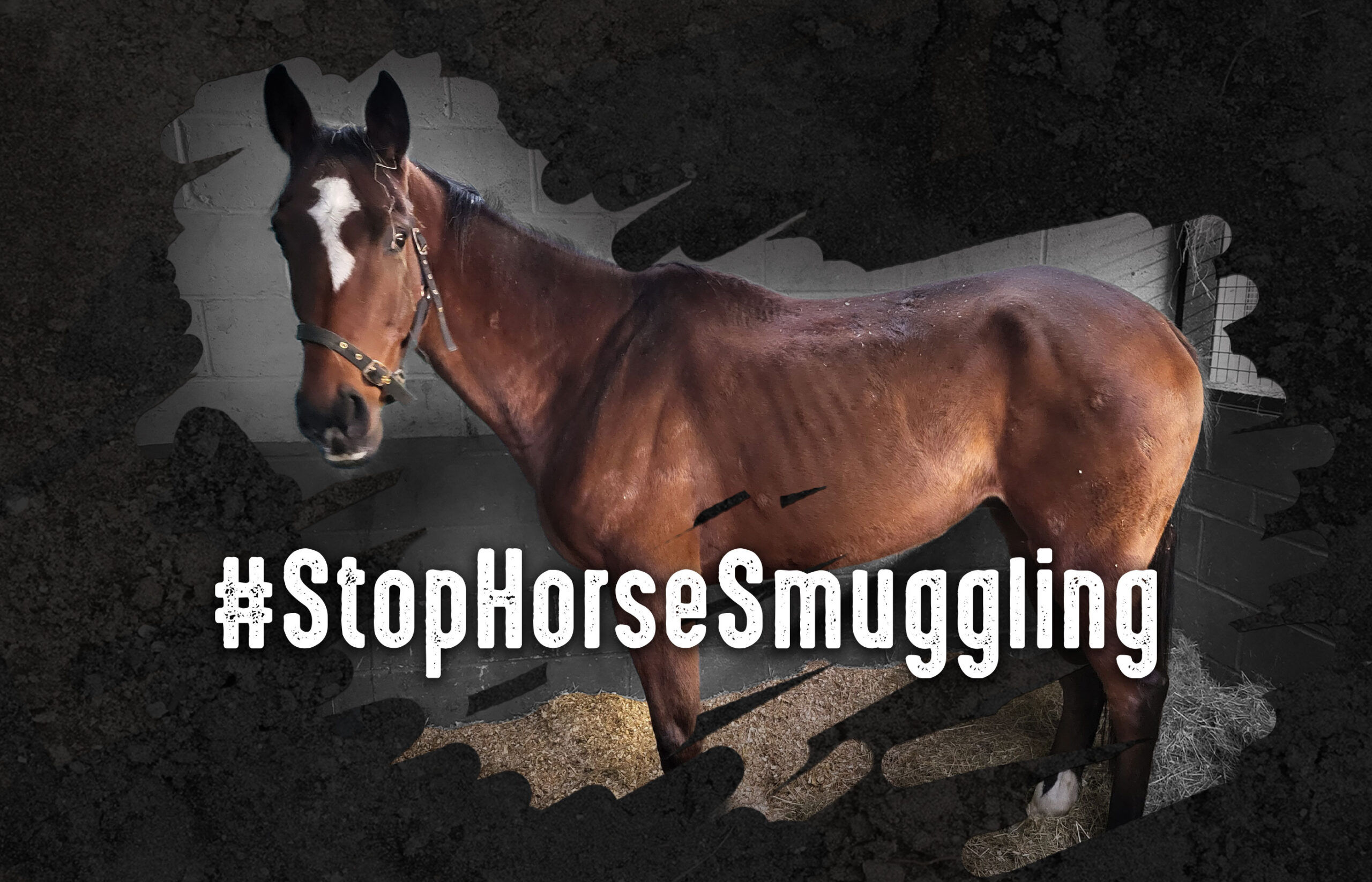World Horse Welfare’s response to Panorama’s programme on the treatment of retired racehorses
Posted on 20/07/2021
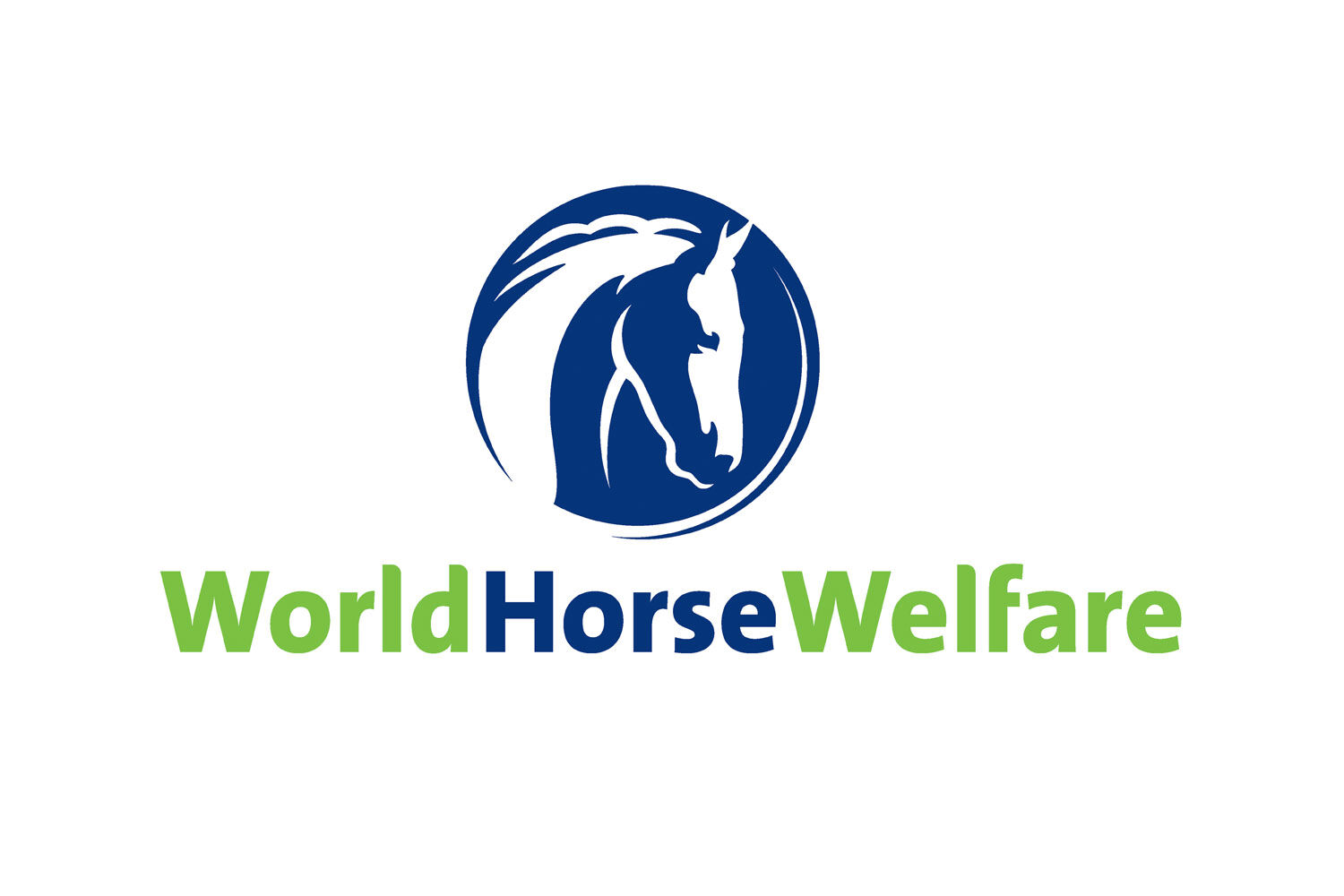
Responding to Panorama’s Monday night programme (19/07/2021) on the treatment of retired racehorses, Roly Owers, World Horse Welfare Chief executive, said:
“Panorama has shone a spotlight on the consequences of individuals involved in the racing industry not exercising their duty of care, and the standards of practice of euthanising retired racehorses. These are issues of great concern to very many people in the horse world and very many more outside of it. The reaction shows how strongly the public feels about it. The programme also raises far bigger issues than what appear to be shocking practices of one abattoir – from breeding programmes to training regimes, to lack of regard for horse welfare during transport, to the integrity of our passport system and, therefore, the traceability of racehorses. The industry, from top to bottom, needs to sit up and take note.
We at World Horse Welfare support horses taking part in sport and we welcome the progress that has been made in racing recently, especially the publication of British racing’s Horse Welfare Board strategy and Defra’s Action Plan on Animal Welfare. However, the programme is a timely reminder of the significant gap that exists between good policy framing and effective implementation. The industry must reflect, urgently, on whether it is doing enough quickly enough. It must step up on aftercare and should not shy away from issues like euthanasia and slaughter. As upsetting as it is, if done humanely, this can be the least worst option to prevent the suffering of horses who cannot be rehomed or would otherwise suffer in retirement – but we need more confidence that abattoirs are following welfare laws. More broadly, the industry must look at this issue in the context of the commercial incentives which seem to be driving some of these deeply disturbing outcomes and, in this context, consider the broader issues of horse welfare in transport, traceability and the regulation and availability of abattoirs. The welfare strategy needs to be joined up and come to life through coherent and practicable policies to help ensure a consistent approach which the whole sport can buy into.
The programme reminds us that it is the duty of everyone involved, be it an owner, trainer or racing industry professional to take proper, considered responsibility for the horses with which they are entrusted.
For horse racing to have a sustainable future it must have zero tolerance of unacceptable behaviour and low standards of welfare. The horse human partnership is a wonderful thing, and a force for good in so many areas but there is no place in our society for its abuse.”
Topics
Related News
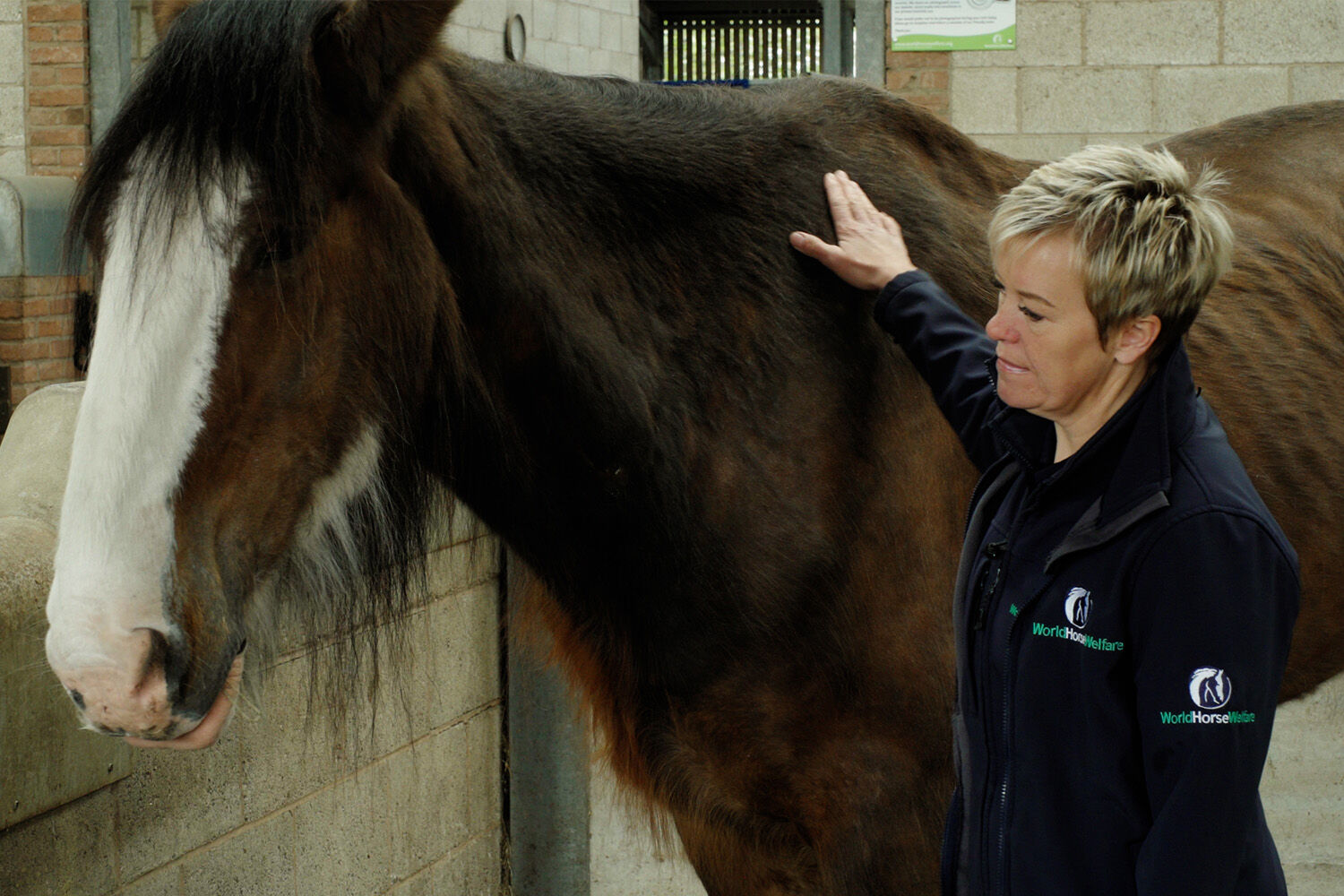
World Horse Welfare’s latest TV advertisement details grim reality of its rescue work as rehabilitation centres near capacity
Equine welfare enquiries soar as cost of living crisis bites.
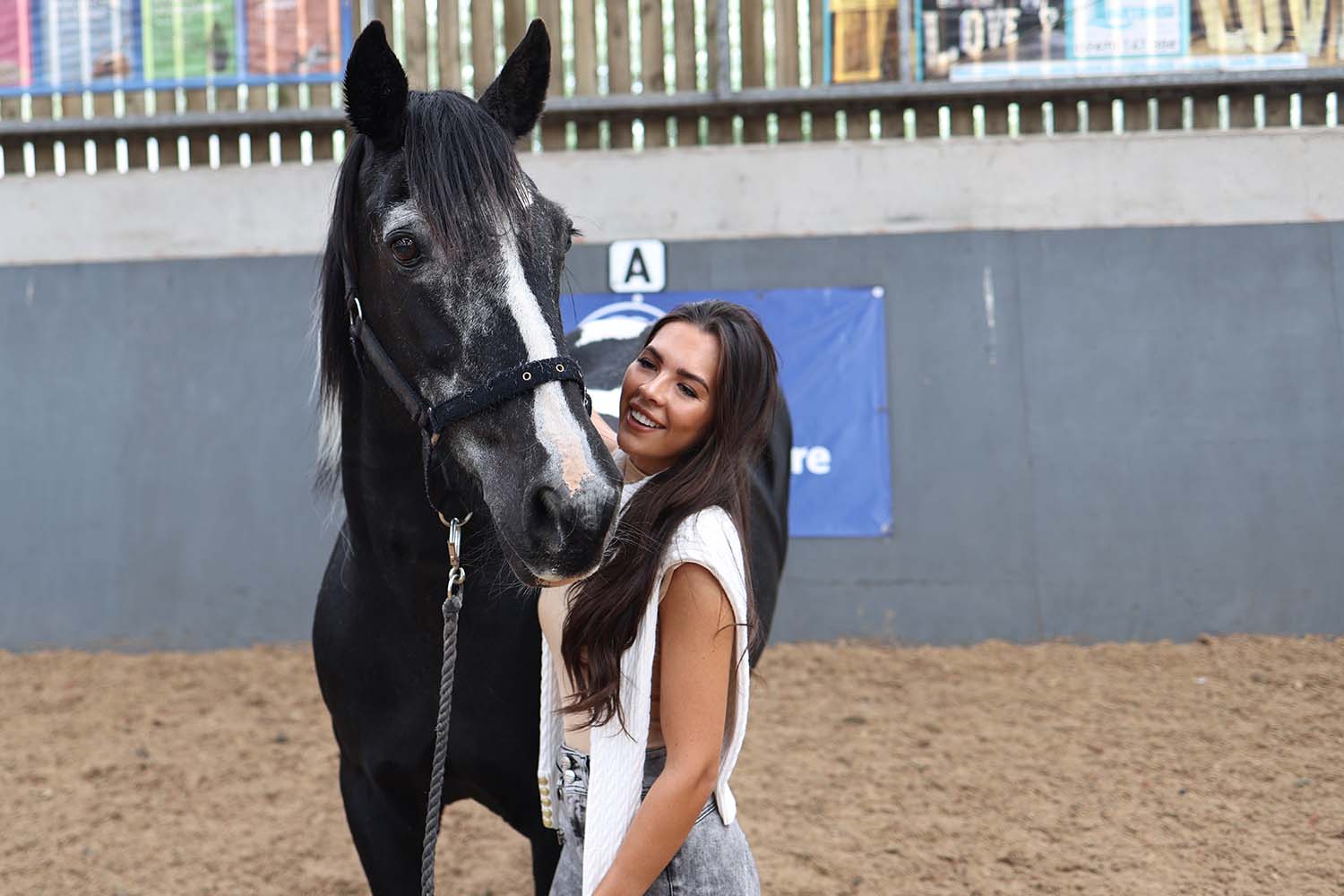
International dressage rider and influencer Gemma Owen appointed Patron
We are delighted to announce that Gemma Owen is lending her support to our charity by becoming a Patron.
Recommended Blog Posts
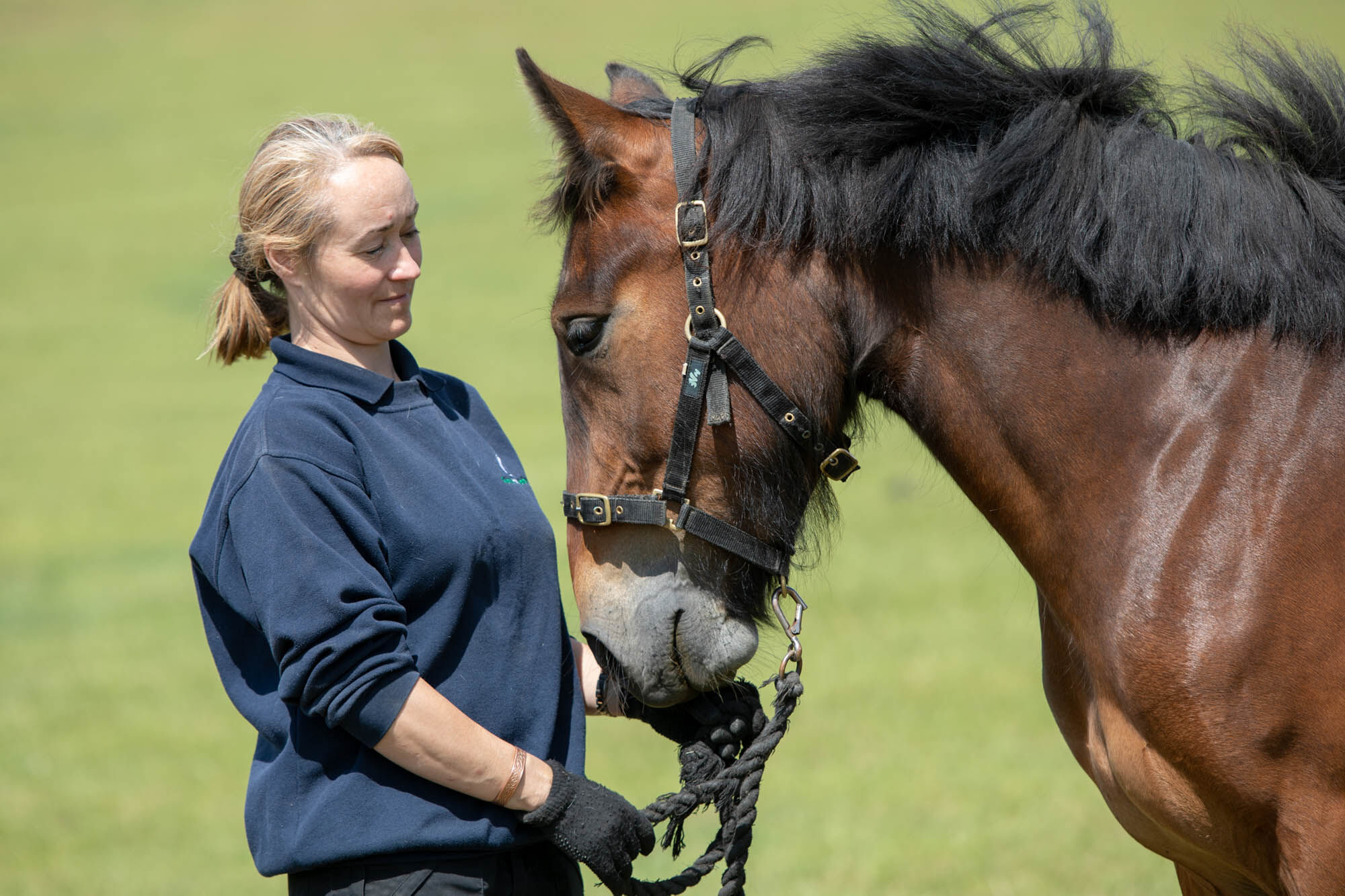
“So how does Vet Day work then?”
Claire Dickie, Glenda Spooner Farm Centre Manager, gives an overview of how vet day works at our farms.
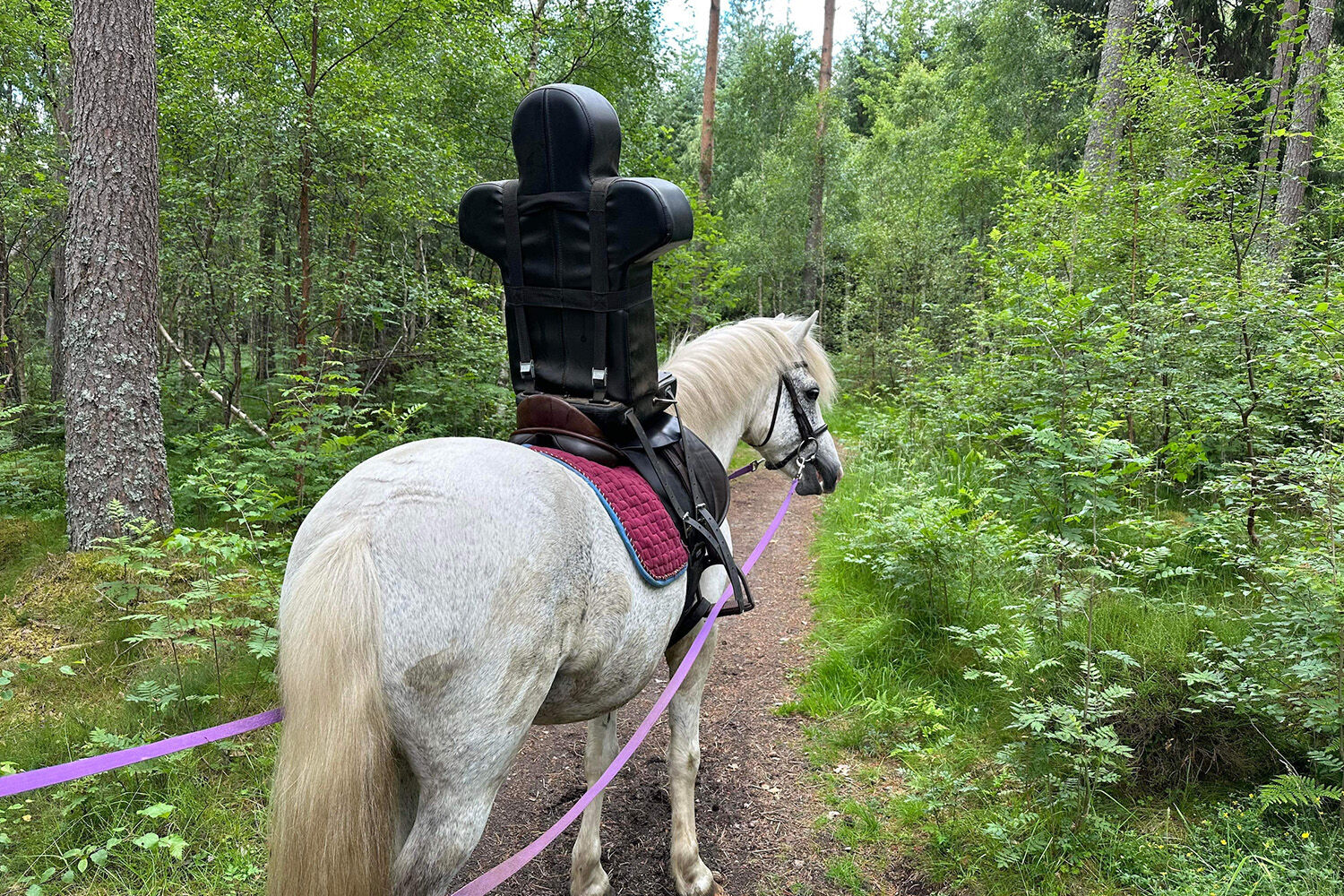
What is a dummy rider and how do we use them on our farms?
We catch up with Caroline Heard, Assistant Manager at Belwade Farm, to find out all about them.
Enjoy reading stories like this?
Join over 55,000 other horse lovers and sign up for our email newsletter

Join over 55,000 other horse lovers and sign up for our email newsletter
Sign me up now
